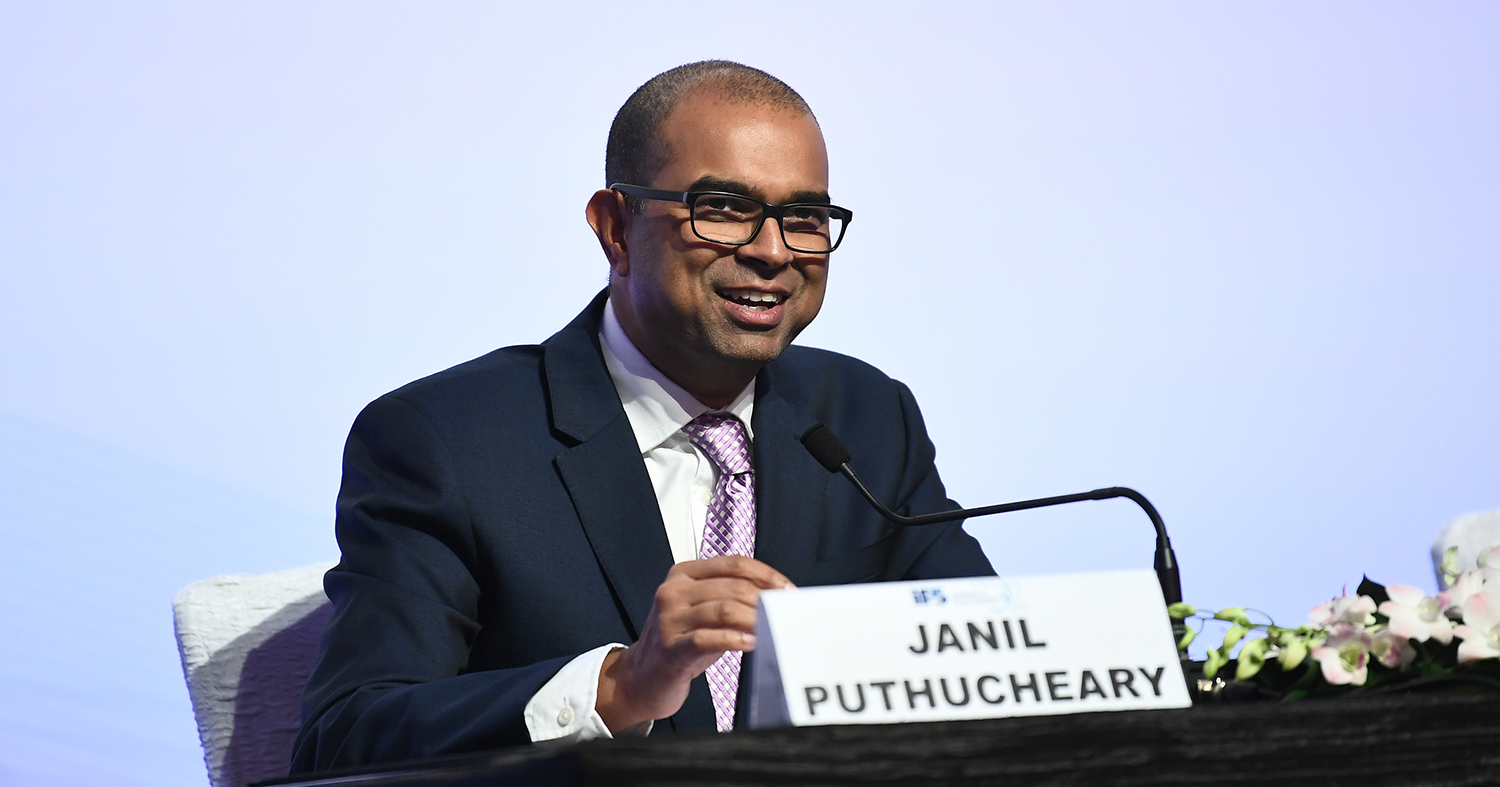If you have been around, you might know about the recent Channel NewsAsia (CNA) documentary on class divide and the storm of debate it raised.
One of the biggest criticisms of the video was that of representation.
In a dialogue between students from different education streams, two out of three students featured from the Normal stream were Malay and students from higher education streams were Chinese and Indian.
The dialogue was moderated by Dr Janil Puthucheary, Senior Minister of State for Transport and Communications and Information.
Featuring people who volunteered
Addressing this point at the Institute of Policy Studies 30th anniversary conference, Diversities New and Old on Oct. 26, Janil said that neither he nor CNA deliberately reinforced racial stereotypes:
"People watching it have assumed that we cast it deliberately to reinforce racial stereotypes. Nothing could be further from the truth.
If you'd watched the other film (CNA documentary Regardless of Race) we made, this is exactly something that I advocated against.
The people we interviewed, that we put into the film, were the people who turned up, the people who were prepared to share their stories.
Their stories of difficulty, their challenges, their personal pains.
Very few people said yes. Almost everybody said no. People who turned up - the people who said yes -- got put into the film."
Referring to opinion pieces circulating online accusing the documentary for being discriminatory, Janil asked that viewers examine the "social bias" they brought to the film:
"And I think if you, as a watcher, looked at that (the documentary), and think that now, a racial stereotype is being reinforced, you have to ask yourself what is the social bias with which you watch a film.
We didn't ask for people of a particular race to turn up. We asked for people of a particular profession to turn up.
But you, as the watcher, are concerned with that person's race.
We didn't ask for a particular student of a particular race to turn up. We asked for a someone from a particular stream.
But you, as the viewer, were concerned about the race portrayed."
[related_story]
He added that aside from featuring class divide, the documentary also served to show the perceptions and bias of viewers:
"There is an explicit narrative in the documentary but there is also an implicit narrative and we had hoped to hold up a mirror to society through the perceptions and bias of you, the viewer.
So I think the reaction to me demonstrates that race is still an extant issue in our society and something we have to continually work hard at."
He also responded to people asking for appropriate representation in the documentary:
"So the short answer to your question is when someone of a particular race comes forward as representing either their educational stream or their profession, I didn't feel, and the CNA producers didn't feel appropriate turning them away because of their race.
I think that is what the critics and the people who circulate the various messages that you saw were asking me to do. That would be exactly the wrong thing to do."
More stories from the IPS 30th anniversary conference:
Top image by Jacky Ho, for the Institute of Policy Studies, NUS
Content that keeps Mothership.sg going
?
This is what it feels like to have your hair removed by intense bursts of light.
? vs ?
You're on the MRT. Do you read or surf?
Why not both??
If you like what you read, follow us on Facebook, Instagram, Twitter and Telegram to get the latest updates.
